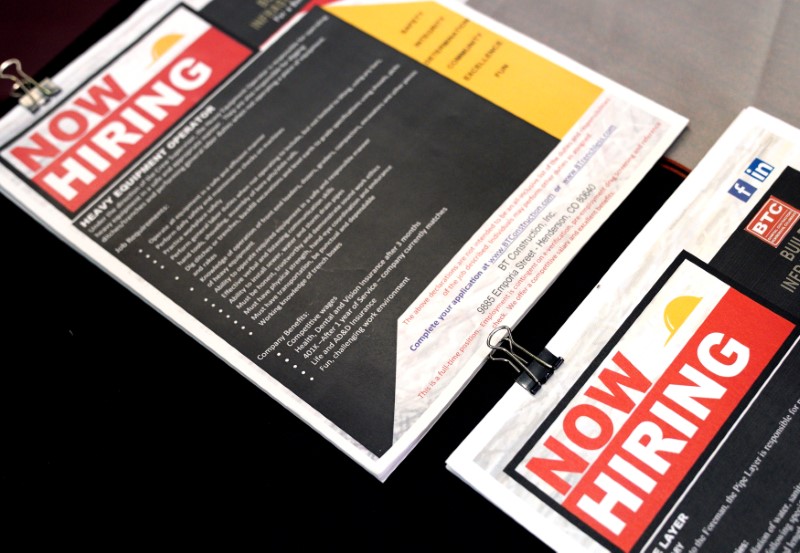AUSTIN (Reuters) - Businesses, governments and other organizations should stop looking at job skills training as social welfare and see it instead as a path to better jobs, higher paying wages, and faster growth, a Federal Reserve policymaker said on Thursday.
"While we’re essentially at the point of maximum employment — in its simplest terms, if you want a job, you can get one relatively easily — that doesn’t mean it’s a good job, or that it pays a living wage, or that it comes with the benefits that can be truly family-sustaining," Philadelphia Federal Reserve Bank President Patrick Harker said in remarks prepared for delivery at a Fed conference on workforce development.
Ignoring skills training means not just "losing the economic resources; we’re likely creating a cohort that could actually be a cost," Harker said. "The U.S. economy succeeds when we back programs that move people out of poverty and into stable, sustainable employment."

Harker, who did not otherwise address the economic outlook or monetary policy in his prepared remarks, was speaking as the Philadelphia Fed released an extensive report, based on interviews with 1,000 respondents and produced in conjunction with all 11 of the other Fed banks, about how to improve workforce training.